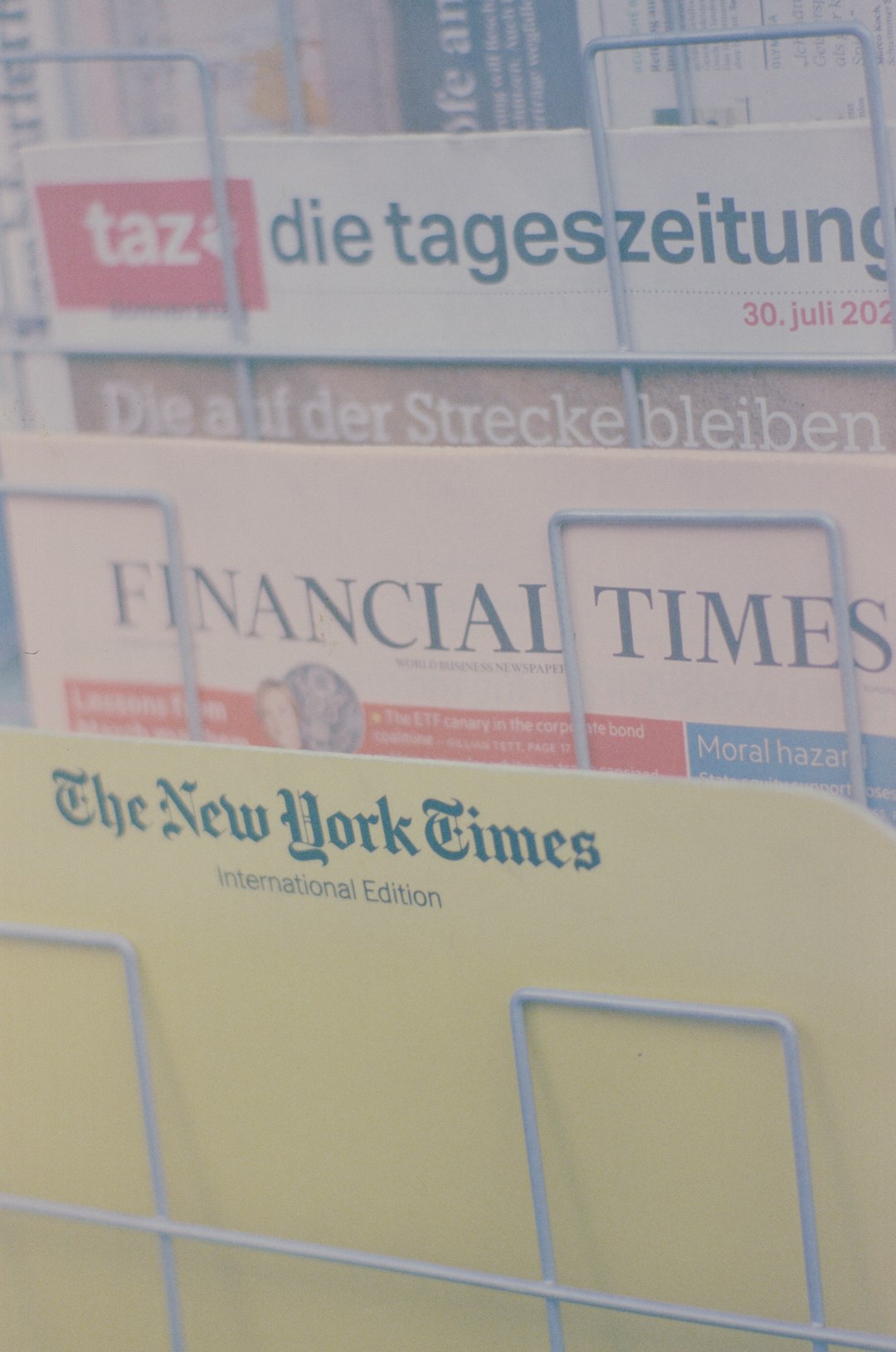Unlock the Editor’s Digest for free
Roula Khalaf, Editor of the FT, selects her favourite stories in this weekly newsletter.
Two law professors have claimed that Sullivan & Cromwell put its own interests before that of FTX’s stakeholders, reviving criticism over the law firm’s role in the bankrupt cryptocurrency exchange’s rise, collapse and unwinding.
The firm’s “apparent conflicts of interest permeated FTX’s bankruptcy filing and every aspect of the case”, Jonathan Lipson of Temple University and David Skeel of the University of Pennsylvania wrote in a paper published online earlier this month.
The two academics focused on the 20 M&A and regulatory assignments that S&C worked on for FTX, for which it earned just under $10mn in the months leading up to the exchange’s November 2022 bankruptcy filing.
Through that work, “S&C knew, or was in a position to know, that FTX was co-mingling customer assets”, the professors contended, referring to FTX founder Sam Bankman-Fried’s misuse of account holder funds.
The paper comes ahead of a hearing on Thursday at which Bankman-Fried is set to be sentenced after being convicted of masterminding the looting of FTX customers’ accounts.
The criminal case will not be the final word on FTX’s collapse. Earlier this month Robert Cleary, a former federal prosecutor, was appointed as an independent examiner in FTX’s bankruptcy to provide a detailed report on the events leading up to its implosion, including the work of its advisers.
John Ray, the chief executive appointed to oversee FTX, said in a statement on behalf of the company and its advisers: “The paper is simply not research but uninformed and unsupported allegations” that “grossly mischaracterises the facts”.
The involvement of S&C, which represents the FTX estate, has been controversial from the start. S&C lawyers had assisted the company in the chaotic days leading up to its bankruptcy filing — including preparing its petition and appointing Ray, a restructuring expert its lawyers knew well, as its new chief executive. A former S&C partner, Ryne Miller, was FTX US’s general counsel.
The office of the US Trustee, a part of the Department of Justice that represents the public interest in bankruptcy cases, initially objected to S&C’s retention, arguing that the law firm had failed to properly disclose the full extent of its connections to FTX. Several US senators also voiced concern.
But the trustee eventually lifted its objection after the law firm provided more details of its previous work, and the court approved S&C’s hiring. According to court filings, S&C has reaped $184mn in fees, including billings and reimbursements, between November 2022 and January 2024.
The professors criticised business decisions made by FTX during the course of the case including the failure to revive the FTX exchange, selling the LedgerX unit for what they deemed an inadequate amount and choosing not to sue Binance for withdrawing $2bn from FTX in the autumn of 2022, a move that helped precipitate FTX’s bankruptcy.
The professors further contended that “S&C may have violated ethical duties of confidentiality, candour, and loyalty by reporting allegations of these crimes to prosecutors . . . by duping Bankman-Fried into giving control of FTX to Ray”.
“For well over a year, S&C and Ray had free rein to marshal and manage conflicting claims about the public and private interests at stake as they saw fit,” the professors wrote. “These conflicts appear to have reduced recoveries, even as they have enriched S&C.”
People close to S&C and FTX noted that all the company’s actions had to be approved by the bankruptcy court with the consent of the US Trustee and creditors, and pointed out that Bankman-Fried had several lawyers personally representing him in November 2022. Moreover, they said account holders could potentially receive the full amount of their claims by the time the bankruptcy was finished.
Lipson and Skeel said they ran into each other last autumn during oral arguments before an appeals court over the examiner’s appointment. They decided afterwards to collaborate on the article about the duties of lawyers, which is to be published in the Stanford Law Review.
They said there was a “firewall” in place so Bankman-Fried’s parents, who are Stanford law professors, had no knowledge of the article prior to submission. Skeel said he had no interaction with the Bankman-Frieds and handled all interactions with the Stanford publication. The pair did not call S&C or FTX prior to publication but said they welcomed any feedback.
Lipson said while he was not friends with Bankman-Fried’s parents, “I have spoken to Sam and his mother, Barbara [Fried], on a number of occasions, which is how we came by much of the material we have”.
“Candidly, I was pretty sceptical of [Sam] Bankman-Fried’s claims at the time, and it was only after a fairly sustained effort of putting pieces together — some from them, but most in public — that it came to appear that S&C may have some problems,” Lipson said.
A spokesperson for Bankman-Fried declined to comment.
